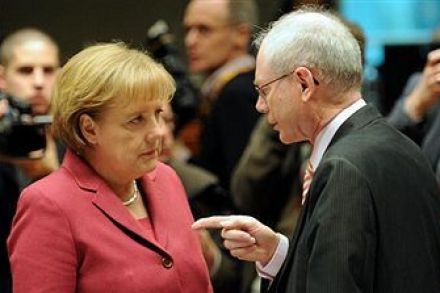Osborne’s silent victory
I think Osborne’s main victory tonight would be to reassure those who thought him a clueless idiot. The left demonise him, and it’s easy for the right to despair at him too (yes, guilty). But the figure we saw tonight was calm, collected and assured – and I reckon this was his achievement. He allayed fears. Expectations of his performance would have been rock bottom, and he’d have surpassed them easily. He was playing it safe. Vince Cable did his after-dinner speaking comedy act (I met William Hague in the ‘spin room’ afterwards, who swears that some of Cables lines were nicked from his repertoire), and the studio audience loved

















